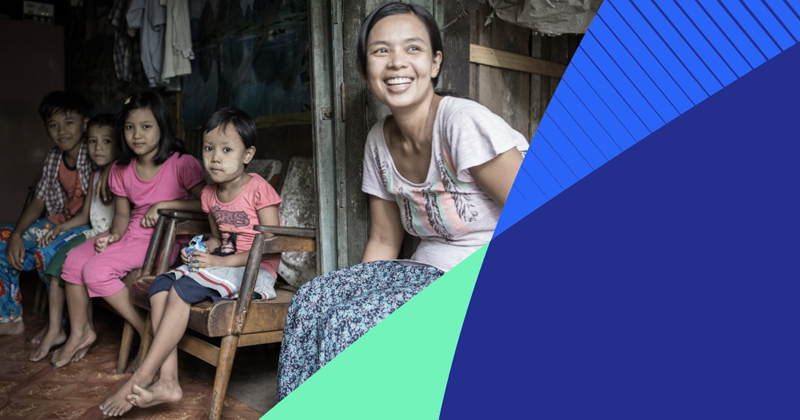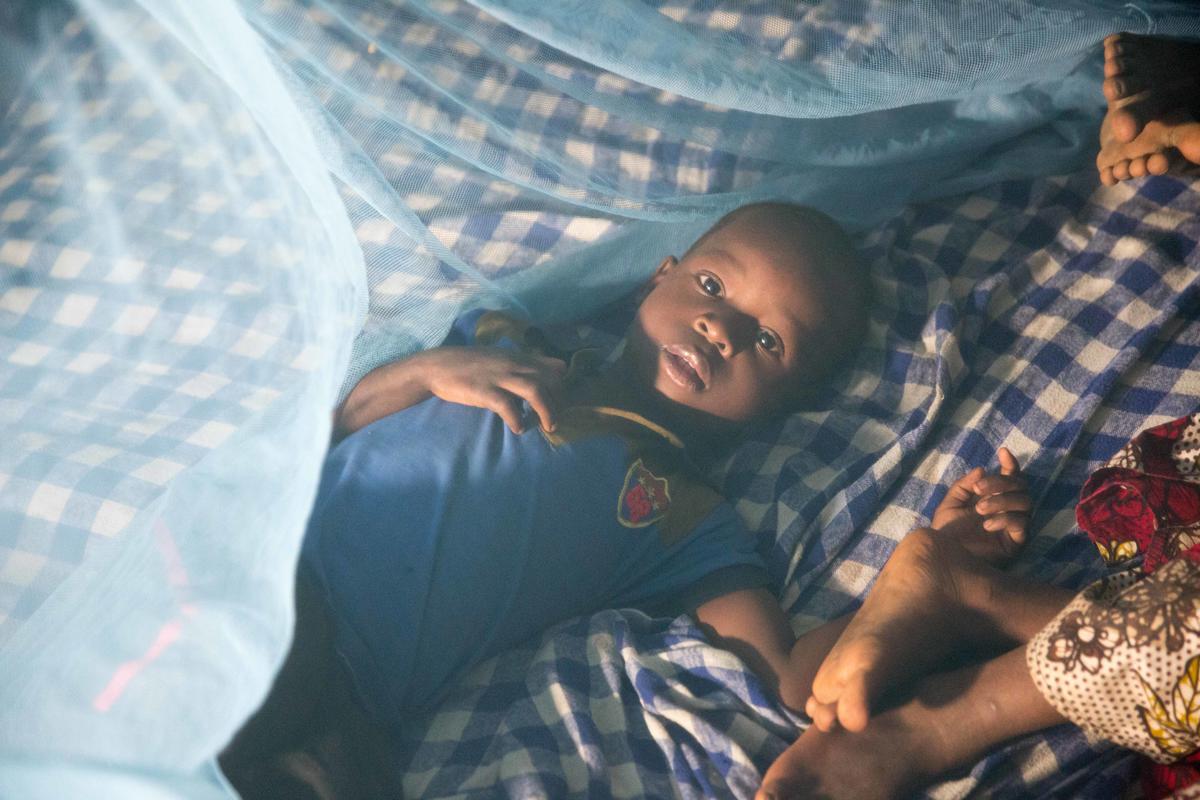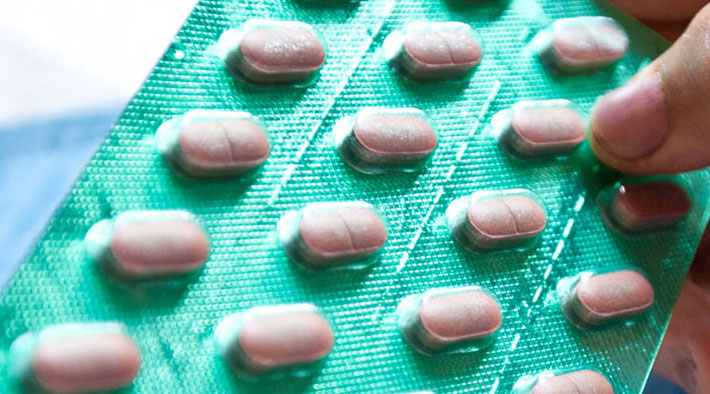The problem
The intellectual property system has been designed to incentivize innovation and has been effective in stimulating and rewarding innovation in several of the disease areas that Unitaid works on. But while patents can incentivize innovation, they also can contribute to inequity in access to health products, as has been increasingly recognized in the aftermath of the COVID-19 pandemic. TRIPS flexibilities, which enable countries to address inequities by overcoming or reducing the potential negative impact of patents to respond to public health needs, are permitted under international agreements and represent an essential part of the intellectual property system.
Our response
We are committed to addressing intellectual property and regulatory hurdles that limit access to lifesaving medicines, recognizing that intellectual property rights are just one of many determinants of access. We are working with partners to expand the use of TRIPS flexibilities and other solutions to prevent, overcome or remove unwarranted intellectual property barriers, to ensure affordability and availability of health products in LMICs. We aim to ensure the availability and affordability of health products – including biologics – for HIV, TB, hepatitis C, and other diseases and conditions in alignment with the programmatic priorities outlined in our 2023-2027 Strategy.
Third World Network is leading one of three Unitaid-funded projects aimed at making critical health products more affordable and available in low- and middle-income countries by addressing intellectual property-related challenges. Complementary efforts led by the International Treatment Preparedness Coalition (ITPC) and WEMOS support additional elements of this work.








